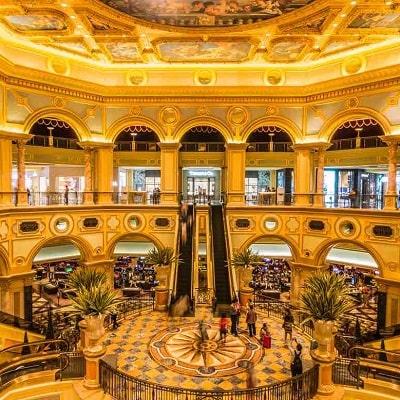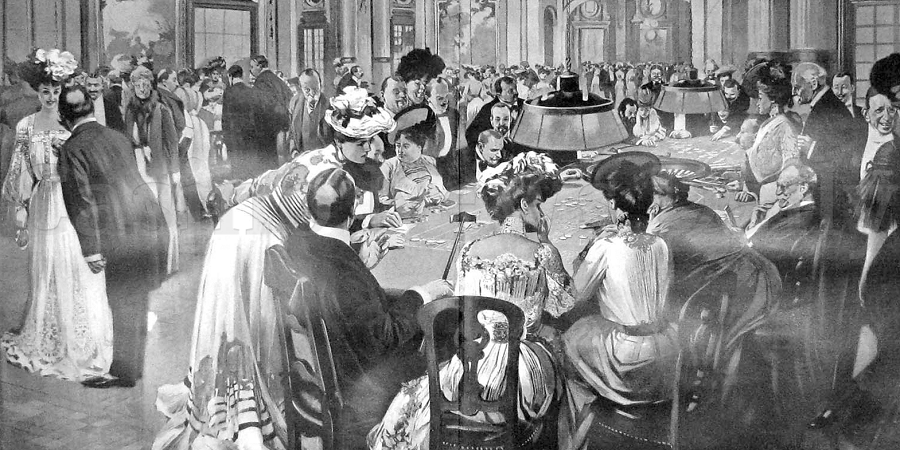Oldest Casino History

Have you ever found yourself contemplating the roots of gambling? If so, a journey back to Venice, Italy, in the year 1638, will satiate your curiosity. It was here that the first official casino, the Casino di Venezia, came into existence. Embellishing the grandeur of the majestic palazzo Ca’ Vendramin Calergi, this pioneering establishment marked the dawn of a new era in the realm of entertainment.
The Casino di Venezia primarily attracted the aristocracy and the wealthy, who relished in the thrill of wagering fortunes on games of chance. By extrapolating historical records and adjusting for inflation, it’s estimated that these early patrons spent an average equivalent of €1000 in today’s currency during their visits.
As intriguing as this world of opulence and risk may seem, it wasn’t without its rules. Players in the early days of the Casino di Venezia were prohibited from indulging in deceptive practices and from wearing masks, a popular accessory during Venetian events. The latter ensured the preservation of transparency, trust, and fair play, cornerstones upon which the reputation of any respectable gambling institution is built.
The earliest games offered in the casino were primarily centered around cards and wheels. Baccarat, a game with roots in medieval Italy, was a favored pastime. Roulette, in its rudimentary form, held a prominent place, as did “vingt-et-un,” the ancestor of the modern game of blackjack.

Let’s delve into three captivating facts about the Casino di Venezia that make its history even more fascinating:
- The casino was not a standalone establishment but was initially a wing of the grand Ca’ Vendramin Calergi, a splendid exemplar of Renaissance architecture perched on the edge of the Grand Canal.
- The casino faced a temporary closure in 1774 when the Venetian authorities, concerned about public morality, banned gambling. However, the allure of the games was too strong to resist, and the casino reopened its doors later.
- Many illustrious figures have graced the casino, including the renowned composer Richard Wagner, who spent his final days in the palatial building.
The world of gambling is often shrouded in myths and misconceptions. A prevalent one is the gambler’s fallacy, the mistaken belief that past outcomes in a game of chance can predict future results.
Fast-forwarding to the present day, the title of the most expensive casino in the world is held by the Bellagio in Las Vegas. Constructed at a staggering cost of €1.6 billion, this opulent establishment epitomizes the evolution of casinos from the Venetian grandeur of the Casino di Venezia to the neon-lit extravagance of modern Las Vegas.



